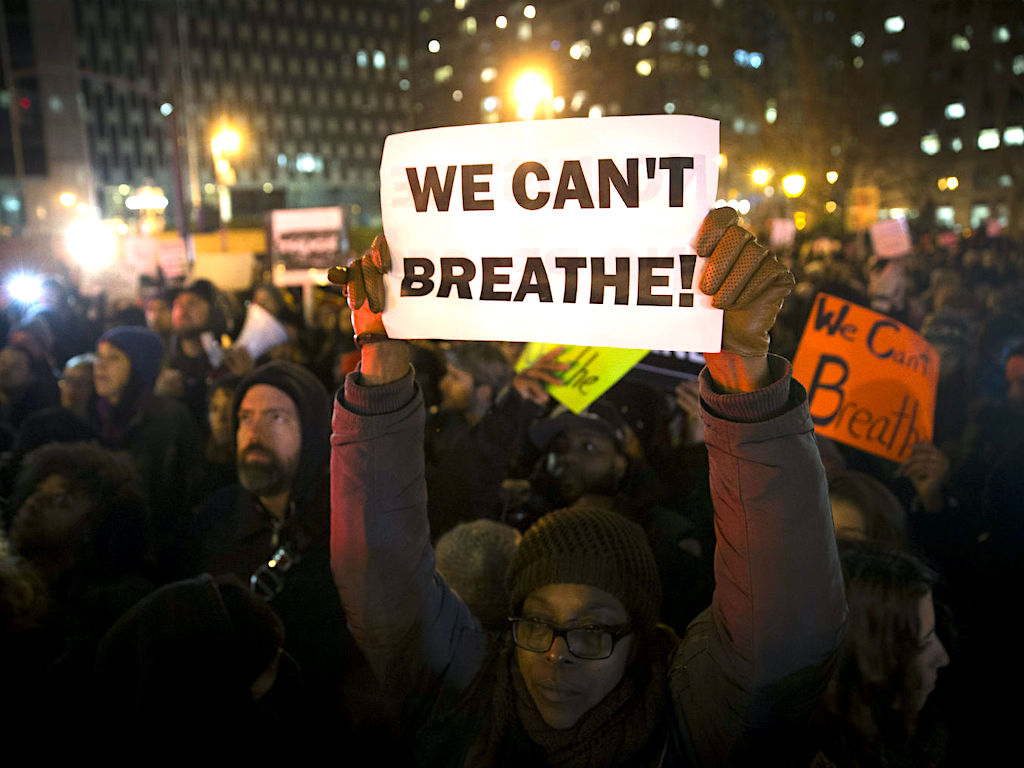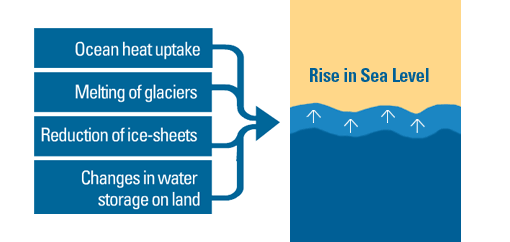
Because of its effect on the ecosystem, biodiversity, human life and livelihoods, climate change has been identified as a worldwide threat. This threat is caused by various factors including greenhouse gasses and fossil fuels. This is why it is crucial that the entire world acts on the matter. Global warming can be addressed through the use of renewable energy, reducing fossil fuels, and protecting forests.
Climate research has been a key component in improving our understanding of this issue and our ability to respond to its effects. You can conduct the research using many different methods. This helps to create policies and regulations related to climate change. These methods include, but are not limited to, quantitative studies, comparative studies, advanced technical tools, and longitudinal research.

Climate research seeks to show how humans can affect the current environment. It can be achieved through the development of a culture of research on climate change. Interdepartmental coordination is crucial for this.
Awareness of climate change is closely tied to adaptation. This means that people are more likely to be aware of the climate and to use it in an effective way. Awareness also allows for better management of the environment. This is especially true in sub-Saharan Africa, which is highly exposed to climate disruptions. A recent study revealed that climate change adaptation is associated with high levels of public awareness. This is reflected in a higher propensity towards using such measures.
Climate researches also have allowed us to create better policies and regulations that will help prevent the occurrence of extreme weather conditions. Climate change is a potential threat to human health. The United Nations Food and Agriculture Organization (FAO) has conducted research to assess the effects of climate-related changes on agriculture.
Researches on climate change also involve study of the effects of global warming on water resources. As a result of projected climate changes, water vaporization and shortages will occur. Similarly, climate disruptions can wreck infrastructure and displace populations. The world faces major challenges in addressing climate change, including water resource management issues and disaster control.

Farmers can benefit from climate research by getting reliable and up-to-date information. You can adapt agricultural practices, such as diversification and intensification of irrigation methods and preservation of nutrients and moisture.
These gaps have been identified by researches related to climate change. The gaps were analyzed by a variety of researchers. They can be divided into two main categories. One group focuses only on the theoretical foundation, while the other is focused on awareness.
A study aimed at evaluating the use of ICT as an enabler of climate change researches has been undertaken. The study included a systematic review of 37 journal papers to determine their research methods. This study identified key areas, such as the scope of research methods and the content of articles.
FAQ
What are some possible solutions to climate change, and how effective are these solutions?
Climate change has become one of the most urgent issues of our time. It requires government, businesses and citizens to pay attention. A disrupted climate system is evident by rising temperatures, extreme weather events and increased sea levels. To attempt to tackle this phenomenon, multiple proposed solutions have been put forward ranging from technological solutions, and behavioral changes to geoengineering.
Technological Solutions: There are many technological solutions that can be used to combat climate change. Renewable energy sources like solar and wind power provide reliable, clean energy that has minimal environmental side effects. Electric cars powered entirely by renewable energy could replace petrol vehicles and significantly reduce pollution. Other technological solutions include projects to increase carbon sequestration within trees and soil, as well coastal protection systems that protect vulnerable places from rising oceans.
Behavior Changes: Making small changes to your routines can make an enormous difference in reducing carbon emissions and limiting the likelihood of future climate disruption. So, for example, buying locally-produced goods reduces the transport costs associated with food transport. Using public or active transportation instead of personal cars also optimizes the use of resources and brings down cost and air pollution simultaneously; similarly opting for more efficient home insulation can reduce reliance on gas boilers for heating homes reducing emissions also lowering bills over time.
Geo-engineering : Geo-engineering refers to large-scale interventions in natural system that have been deemed too risky for potential unforeseen results.
These solutions are only as effective as the producers who invest in green alternatives. Currently, electric Cars are more expensive than petrol models. However, economic incentives favoring green investments play an important role in incentivizing alternative solutions uptake. Market forces cannot guarantee their utility so they must be mandated via policy measures. This will require regulatory bodies to engage all players further. Nontechnological solutions work on one level while solving global warming requires everyone involved.
What are the main causes of climate changes?
Climate change is a worldwide phenomenon caused by an increase of human-generated greenhouse gasses emitted into the atmosphere. This is mainly due to fossil fuel burning for power and transportation. These emissions cause more of the sun's warmth to be trapped in Earth's atmosphere, leading to rising global temperatures.
Climate change is also caused by other factors, such as population growth and land clearing. This decreases the amount naturally occurring carbon sinks that absorb carbon dioxide from the atmosphere. Climate change can also come from natural forces, such as changes in solar energy.
These combined human activities result in overloading Earth's capacity to properly balance its energy budget, leading to an average increase of 1 degree Celsius globally since pre-industrial times. As the oceans absorb most heat energy, glaciers melt more quickly than they form. Water scarcity, droughts, or extreme weather events such hurricanes and floods can also have devastating consequences.
It is vital that we reduce our carbon footprint immediately and stop releasing greenhouse gases. This will help us protect ourselves against further damage from climate change. It is vital to reduce our dependency on fossil fuels for electricity production. Additionally, invest in renewable resources such as solar panels or wind turbines. These sources are not harmful to the environment. Reforestation and other sustainable practices can help restore balance to these delicate planetary cycles that we depend on for our survival.
What is the current state of international efforts to address climate change?
International efforts to combat climate change are moving at a remarkable pace and with unprecedented unity. Countries all over the world are now working together to reduce emissions, improve resilience against impacts, as well as invest in renewable energy sources.
The Paris Agreement has energized collective action at the global level and is a framework that allows individual countries to set voluntary emissions reduction targets. Additionally, the UN Framework Convention on Climate Change (UNFCCC) is providing political guidance and piloting new initiatives such as carbon market mechanisms.
There are also progresses in certain regions. For example, the European Green Deal, a comprehensive package aimed at recreating Europe’s economy with sustainability at the core, and the African Renewable Energy Initiative, which targets increasing Africa's share in global renewable energy production, is being implemented.
Action can also be seen across industries and sectors. Cities are moving towards sustainable public transport, while the whole society is adopting more sustainable lifestyles. Companies are developing technologies to reduce emissions, while investors shift their capital away fossil fuels in favor of renewables.
The OECD committee has adopted common standards to report national actions on climate change by rich countries. This is known as the 2021 Guidelines.
All these efforts are a sign of the unprecedented importance given to climate action. If there is any hope of meeting the science-based Climate Goals, all stakeholders (governments, civil societies, and private sectors) must continue to build on their momentum and push for greater ambition & progress.
What impact does politics have on global efforts to tackle climate change?
Climate change has become a highly politicized topic that has caused great divisions among governments, nations, and individuals. The implementation of measures to address climate change is affected by the political stances of various actors. It has become difficult to find consensus on global efforts to tackle this pressing environmental crisis.
Scientific consensus is unanimous that human-caused climate change is real and needs to be addressed. These issues are often subject to political interference that can hamper global cooperation in order to implement sustainable energy practices, preserve natural habitats, find viable technological solutions and other interventions related to climate change.
Many governments in the world want to protect their economic interests, and enforce measures that limit business activities. This often conflicts with the regulations that experts recommend to address climate change efficiently. Without strong international commitments and wide-spread international action, it can be very difficult for any individual state or group of nations to address climate change effectively through legislation.
Differences in power dynamics among countries further complicate gaining full consensus on how best to tackle climate change. Countries with more economic power frequently appoint their own representatives for international negotiations over the environment. This can lead lopsided discussions between countries' perceived interests and those of all other parties. In addition, potential side effects from implementing radical changes such as geoengineering have been debated heavily at both national and international levels.
A grassroots movement has also struggled against powerful opposition, including corporate ownerships as well-funded lobbyists trying to keep their industries politically favorable. This is especially true when it comes funding research into alternative energy production and enforcing mandates for renewable energy technology. Individual governments need to be clear about the potential rewards and outcomes of making valid progress on the issue. They cannot seek short-term spectacles or gains to gain public support.
If we are to achieve a coordinated effort to address our current environmental crisis, it is crucial to properly distribute resources and be aware of political divisions among nations.
Statistics
- This source accounts for about 10% of all the water that enters this highly productive farmland, including rivers and rain. (climate.nasa.gov)
- features Earth's average surface temperature in 2022 tied with 2015 as the fifth warmest on record, according to an analysis by NASA. (climate.nasa.gov)
- This source accounts for about 10% of all the water that enters this highly productive farmland, including rivers and rain. (climate.nasa.gov)
- According to the 2014 report on Climate Change Impacts, Adaptation, and Vulnerability (page 8) from the United Nations Intergovernmental Panel on Climate Change, governments at various levels are also getting better at adaptation. (climate.nasa.gov)
- Indigenous peoples and local communities receive less than 1% of all climate funding despite scoring wins for people and nature Africa's broken food markets must be fixed to tackle hunger (climatechangenews.com)
External Links
How To
How to educate Your Community about Climate Change, and Mobilize Action
You can learn about climate change through many different methods, from interactive online tools and educational resources to classroom activities and simulations to experiential learning programs and classroom activities. These are the essential elements of effective climate education:
-
The goal is to provide practical knowledge and skills for the people who are interested in this subject.
-
demonstrating ways that individuals can make a difference
-
Participants are invited to engage in an open conversation about possible solutions
-
inspiring action through shared experiences
Teachers will be able help their communities reduce their environmental footprint by providing comprehensive lessons on climate change for students and adults.
A unique way to engage people in meaningful dialog is to link scientific research with real world examples. Exploring case studies and best practices also provides participants with opportunities to witness positive outcomes firsthand, which can inspire further innovation or replicable measures within their own communities or organizations.
Participants will be able to use their mental skills, such as petition-writing, campaign creation, or local action, to help them become social and political agents or sustainably improvement advocates. Individual agency is important because it highlights the importance to reduce emissions. Participants can also be shown how they contribute collectively towards a better outcome. A key element in policy-making is to involve stakeholders as early as possible. This encourages their active involvement at every stage of the process and could result in better outcomes for all. With concerted efforts to increase public understanding of climate change and taking appropriate action to limit greenhouse gas emissions, it might be possible to create an environment where these urgent matters can be addressed quickly with attention given where needed most. Together we may be able one day to ensure that successful implementation measures will be put in place that will help us all reach our collective goals.